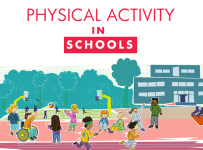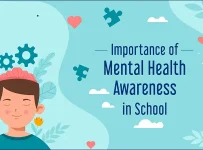In today’s fast-paced world, where information is readily available yet often misleading, health literacy has emerged as a crucial skill for students. Defined as the ability to obtain, process, and understand basic health information and services needed to make informed health decisions, health literacy plays a significant role in promoting overall well-being and academic success.
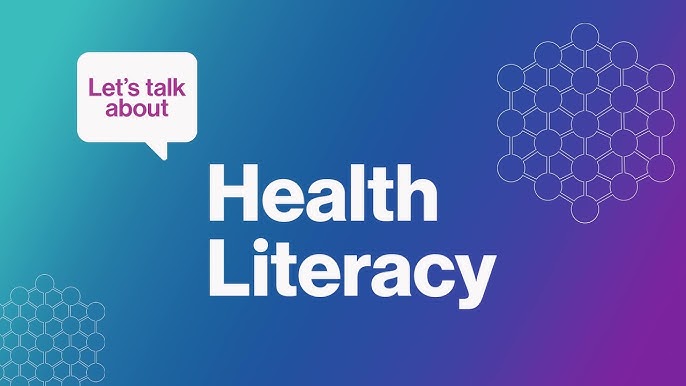
As schools strive to prepare students not just academically but also for life beyond the classroom, fostering health literacy has become essential.
The Importance of Health Literacy
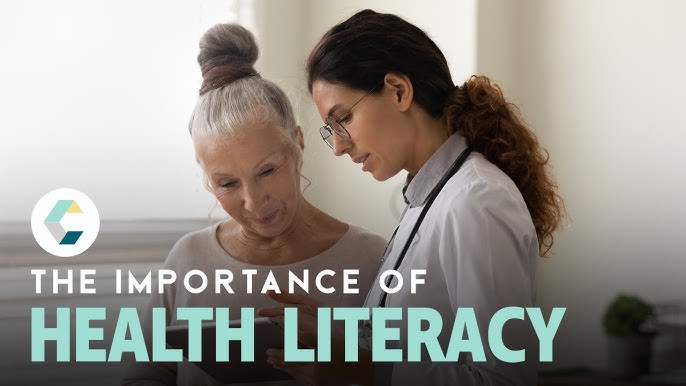
1. Empowering Students to Make Informed Choices
Health literacy empowers students to take charge of their health. With the rise of chronic diseases, mental health issues, and lifestyle-related conditions, understanding health information is vital. Students equipped with health literacy can critically evaluate information about nutrition, exercise, mental health, and preventive care. This understanding enables them to make informed decisions about their health, leading to healthier lifestyles.
2. Enhancing Academic Performance
There is a strong connection between health and academic performance. Students who are healthy and well-informed tend to perform better academically. Research indicates that health literacy correlates with better grades, attendance, and overall school engagement. When students understand the importance of nutrition, exercise, and mental wellness, they are more likely to adopt habits that support their academic success. For instance, students who eat balanced meals and engage in regular physical activity tend to experience improved concentration and cognitive function.
3. Addressing Mental Health
Mental health is an integral part of overall well-being. Health literacy plays a critical role in students’ ability to identify and address mental health issues. By understanding the signs and symptoms of mental health disorders, students can seek help when needed. Furthermore, health literacy promotes awareness of available resources, such as counseling services, peer support groups, and mental health hotlines. This knowledge can help reduce the stigma surrounding mental health and encourage students to prioritize their emotional well-being.
4. Reducing Health Disparities
Health literacy is also essential in addressing health disparities among different populations. Students from marginalized communities often face barriers to accessing healthcare and accurate health information. By fostering health literacy in schools, educators can equip all students with the knowledge and skills necessary to navigate the healthcare system effectively. This proactive approach can lead to improved health outcomes and reduced disparities among various demographic groups.
Challenges in Promoting Health Literacy
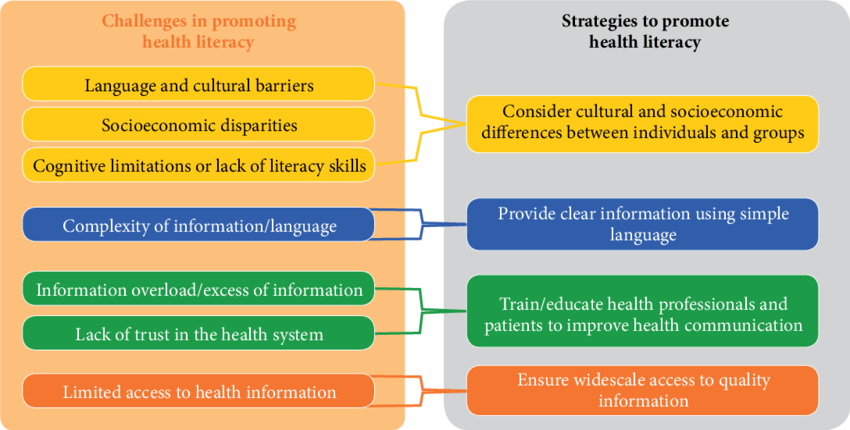
1. Misinformation and Disinformation
In the digital age, students are bombarded with information from various sources, many of which may not be credible. Misinformation and disinformation about health topics can lead to confusion and poor decision-making. Schools must teach students how to discern credible sources from unreliable ones, which is a challenge given the vast amount of information available online.
2. Varied Levels of Health Literacy
Students come from diverse backgrounds, which often results in varying levels of health literacy. Some may have been exposed to health education at home or in previous schooling, while others may not have had the same opportunities. Educators must create inclusive health literacy programs that cater to all students, ensuring that no one is left behind.
3. Limited Resources and Training
Many schools struggle with limited resources and training in health education. Teachers may not feel adequately prepared to teach health literacy, especially if they lack background knowledge in the subject. Professional development and access to quality health education materials are essential for educators to effectively teach health literacy.
Strategies for Promoting Health Literacy in Schools
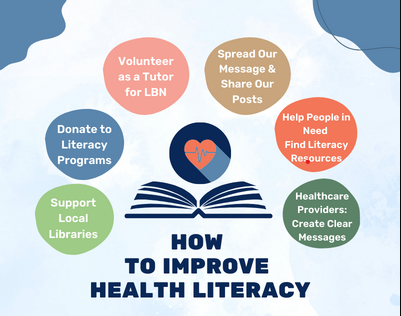
1. Integrating Health Education into the Curriculum
To foster health literacy, schools should integrate health education across various subjects. This approach can help students see the relevance of health in their everyday lives. For instance, lessons in science can explore the human body and nutrition, while discussions in social studies can address the impact of health policies on communities. By embedding health education throughout the curriculum, students can develop a more comprehensive understanding of health-related issues.
2. Utilizing Technology
Technology can be a powerful tool in promoting health literacy. Schools can use digital platforms to provide access to credible health information, interactive resources, and online courses. Educational apps and games can engage students in learning about health topics in a fun and interactive way. However, it is crucial to ensure that these resources are vetted for accuracy and reliability.
3. Engaging Families and Communities
Promoting health literacy should extend beyond the classroom. Schools can engage families by providing workshops, informational sessions, and resources that focus on health topics. Collaborating with community organizations, healthcare providers, and local health departments can further enhance the educational experience. By fostering a community-wide approach, students can receive consistent messaging about the importance of health literacy.
4. Encouraging Critical Thinking
Teaching students to think critically about health information is vital. Educators can incorporate activities that require students to analyze and evaluate health-related claims, advertisements, and news articles. By developing critical thinking skills, students will be better equipped to navigate the complexities of health information in their daily lives.
Conclusion
Health literacy is a key component of student success that extends far beyond the classroom. By empowering students with the knowledge and skills to make informed health decisions, schools can foster healthier lifestyles, improve academic performance, and address disparities. While challenges exist, implementing effective strategies to promote health literacy can create a brighter future for students. Ultimately, investing in health literacy is an investment in the overall well-being and success of the next generation.

